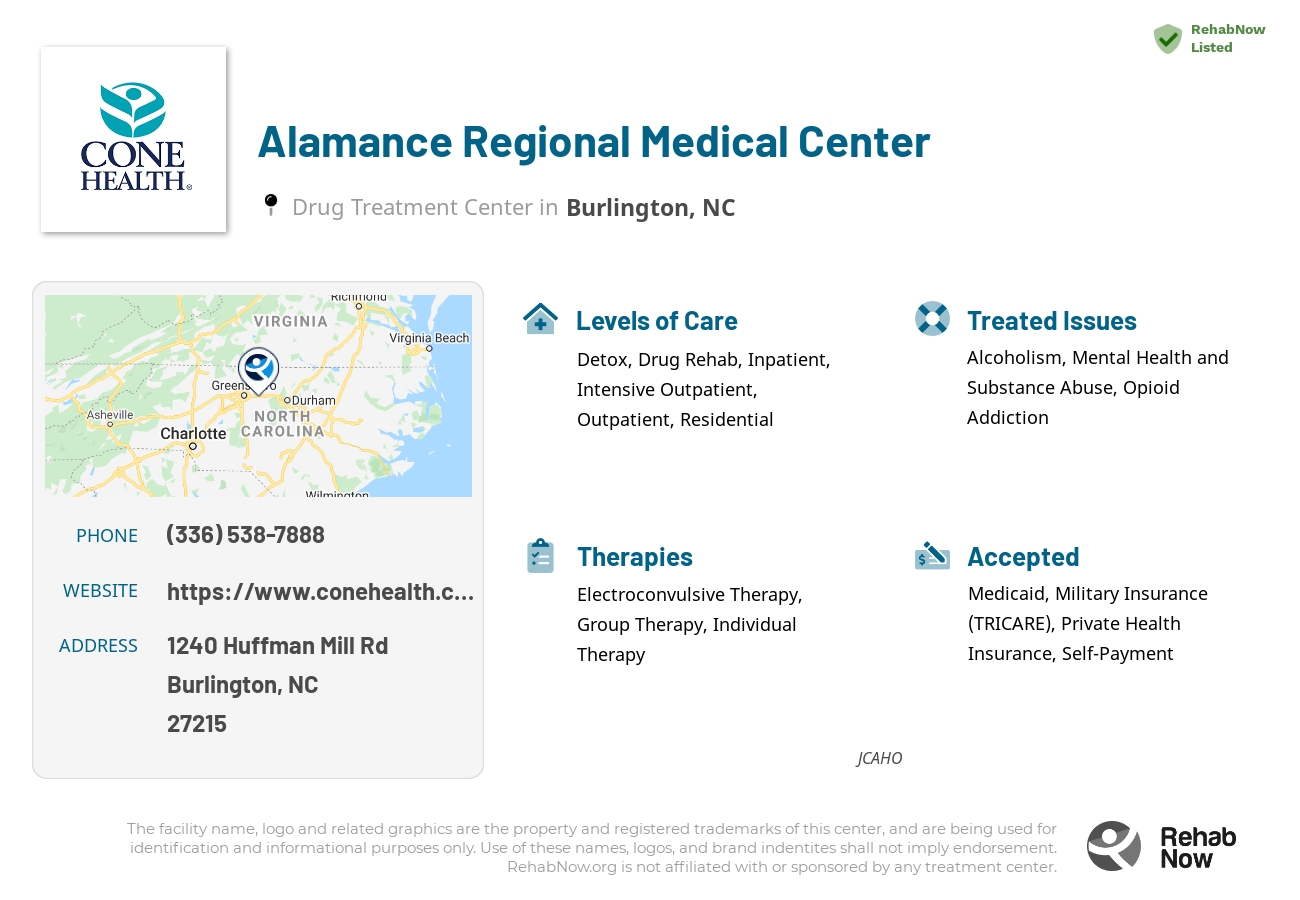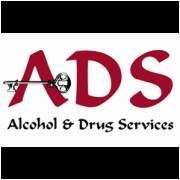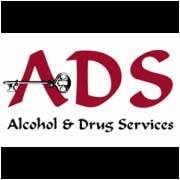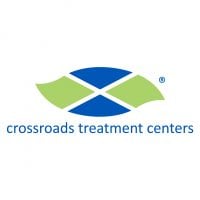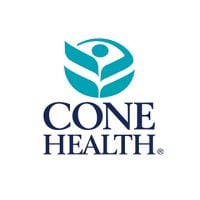
Alamance Regional Medical Center
Drug Rehab Center in Burlington, North Carolina
- Opioid Addiction
- Dual Diagnosis
- Drug Addiction
- Alcoholism
Alamance Regional Medical Center in Burlington, North Carolina is a 305-bed hospital facility offering comprehensive medical and health care services, including addiction treatment programs and services provided by a team of specialists.
About This North Carolina Facility
Alamance Regional Medical Center, nestled in Burlington, North Carolina, specializes in behavioral health and mental health treatment, focusing on providing comprehensive care for individuals battling addiction and mental health challenges. It stands out for its clinical approach and the variety of inpatient and outpatient treatments it offers, including innovative therapies like pet therapy and holistic care.
- Clinical Approach to Mental Health: Offering in-depth clinical therapy coupled with coping skill classes to address mental health comprehensively.
- Varied Levels of Care: Provides both inpatient and outpatient programs to cater to different needs, including 24/7 supervision for those who need it most.
- Holistic and Innovative Therapies: Integrates pet therapy and holistic therapies into treatment plans, supporting overall wellness and recovery.
Alamance Regional Medical Center is accredited by The Joint Commission, highlighting its commitment to maintaining high standards of care. The facility accepts most major medical insurance plans, making its comprehensive inpatient and outpatient services accessible to a broader community.
The center addresses a wide array of addictions and issues, implementing a variety of treatment methods such as individual therapy, group counseling, and family involvement. Its levels of care—from intensive outpatient programs to partial hospitalization—ensure that patients receive the right support at every step of their journey towards recovery.
Genders
Ages
Modality
Additional
Accreditations

JCAHO
Conditions and Issues Treated
Many people who struggle with opioid addiction need to attend specific programs like methadone , Suboxone or Vivitrol clinics.
These types of programs will provide the patient with legal, prescription medications that can help them overcome their cravings for illegal opioids like heroin or fentanyl . If the patient has a chronic condition like Hepatitis C, they must undergo treatment before they can begin taking these medications.
Levels of Care Offered at Alamance Regional Medical Center
This center offers a variety of custom treatment tailored to individual recovery. Currently available are Detox, Drug Rehab, Inpatient, Intensive Outpatient, Outpatient, Residential, with additional therapies available as listed below.
An addict may have to go through alcohol or drug withdrawal. While detox may be uncomfortable, it is not life-threatening. Detoxification allows the addict to rid the body of all traces of drugs or alcohol and gives the addict a clean slate for their recovery. In an inpatient or outpatient setting, detox can be managed medically.
Individuals who are suffering from severe addiction or have a high risk for dangerous health concerns are often recommended to receive inpatient treatment.
Choosing to enter an inpatient treatment program is beneficial for people who are suffering from severe addiction, or who have a high risk for dangerous health concerns.
Inpatient treatment is beneficial for:
- People who have a history of severe withdrawal.
- People who have attempted to overcome addiction on their own without success.
- People who have a history of relapse, or have recently relapsed.
- People at risk for drug overdose or withdrawal-related complications.
- People with medical conditions that are worsened by drug or alcohol use.
Outpatient addiction treatment is beneficial for people who are able to function well in their day-to-day lives. It is recommended for people who are not yet ready to end their relationships with friends or family members who might be encouraging drug and alcohol use.
Intensive outpatient treatment is beneficial for:
- People who are able to attend treatment more than 3 times per week.
- People who do not meet the criteria for inpatient treatment.
- People who are able to contribute to their own recovery outside of the treatment center.
- People who are motivated towards recovery.
- People who are able to overcome addiction on their own without the need for higher levels of care.
Outpatient treatment programs provide drug and alcohol addiction treatment through individual sessions with a counselor, group therapy, 12-step meetings, and other activities to help individuals gain sober living skills. Most programs are designed for those individuals who have completed a medically supervised detoxification program and provide opportunities for clients to begin the process of early recovery.
Outpatient programs also offer a level of medical support as needed and psychological backing through therapy. Clients are encouraged to live at home, though there may be some flexibility regarding this requirement based on the circumstances and needs of each patient.
Outpatient treatment is perhaps the most common type of dual diagnosis program available. It does not pose a significant financial burden on patients. However, it is essential to note that outpatient treatment does not provide the support and supervision given in residential programs. Some addicts may need this level of support to maintain their sobriety.
Residential treatment programs are those that offer housing and meals in addition to substance abuse treatment. Rehab facilities that offer residential treatment allow patients to focus solely on recovery, in an environment totally separate from their lives. Some rehab centers specialize in short-term residential treatment (a few days to a week or two), while others solely provide treatment on a long-term basis (several weeks to months). Some offer both, and tailor treatment to the patient’s individual requirements.
Therapies & Programs
Therapy sessions focused on the individual addict can provide much-needed guidance as they work toward overcoming their addiction. These types of sessions typically involve guidance from a therapist, who will help addicts identify and process their feelings and cravings.
During these sessions, addicts may develop plans for coping with the triggers that typically lead to relapse and learn how to avoid those triggers during their recovery process.
Different types of addiction treatment services are available. Within this article, group therapy is of interest due to its high success rate compared to individual therapy. Group therapy settings are beneficial because they allow recovering addicts to build a strong support network.
Benefits of group therapy are:
- Reduces feelings of isolation
- Immediate access to social support in the form of fellow addicts in recovery
- Lowers risk of relapse
- Increases rate of sobriety
- Builds coping skills that can be applied to everyday life
Payment Options Accepted
For specific insurance or payment methods please contact us.
Is your insurance accepted?
Ask an expert, call (888) 674-0062
Additional Details
Specifics, location, and helpful extra information.
Burlington, North Carolina 27215 Phone Number(336) 538-7888 Meta DetailsUpdated April 15, 2024
Staff Verified
Patient Reviews
There are no reviews yet. Be the first one to write one.
Burlington, North Carolina Addiction Information
North Carolina ranks 29th in the nation for overall substance abuse. Many of the drugs abused in the state are illicit, and many of these are opioids. Prescription opioids are readily available due to the high rates of medical workers prescribing them. The number of prescriptions has increased tenfold since the 1980's. Opioid overdoses are the most common type of death in North Carolina.
An estimated 4,000 people in Burlington, NC were addicted to drugs in 2017. People who were addicts were more likely to suffer from mental health disorders. 16% of Burlington residents who reported using illicit drugs are minor. The most common drugs being abused in Burlington are heroin, methamphetamine, cocaine, prescription drugs, and marijuana. The type of treatment that is right for you will depend on your unique situation.
Treatment in Nearby Cities
- Hendersonville, NC (174.0 mi.)
- Horse Shoe, NC (178.6 mi.)
- West Jefferson, NC (113.6 mi.)
- Shannon, ( mi.)
- Rockwell, NC (61.8 mi.)
Centers near Alamance Regional Medical Center



The facility name, logo and brand are the property and registered trademarks of Alamance Regional Medical Center, and are being used for identification and informational purposes only. Use of these names, logos and brands shall not imply endorsement. RehabNow.org is not affiliated with or sponsored by Alamance Regional Medical Center.


